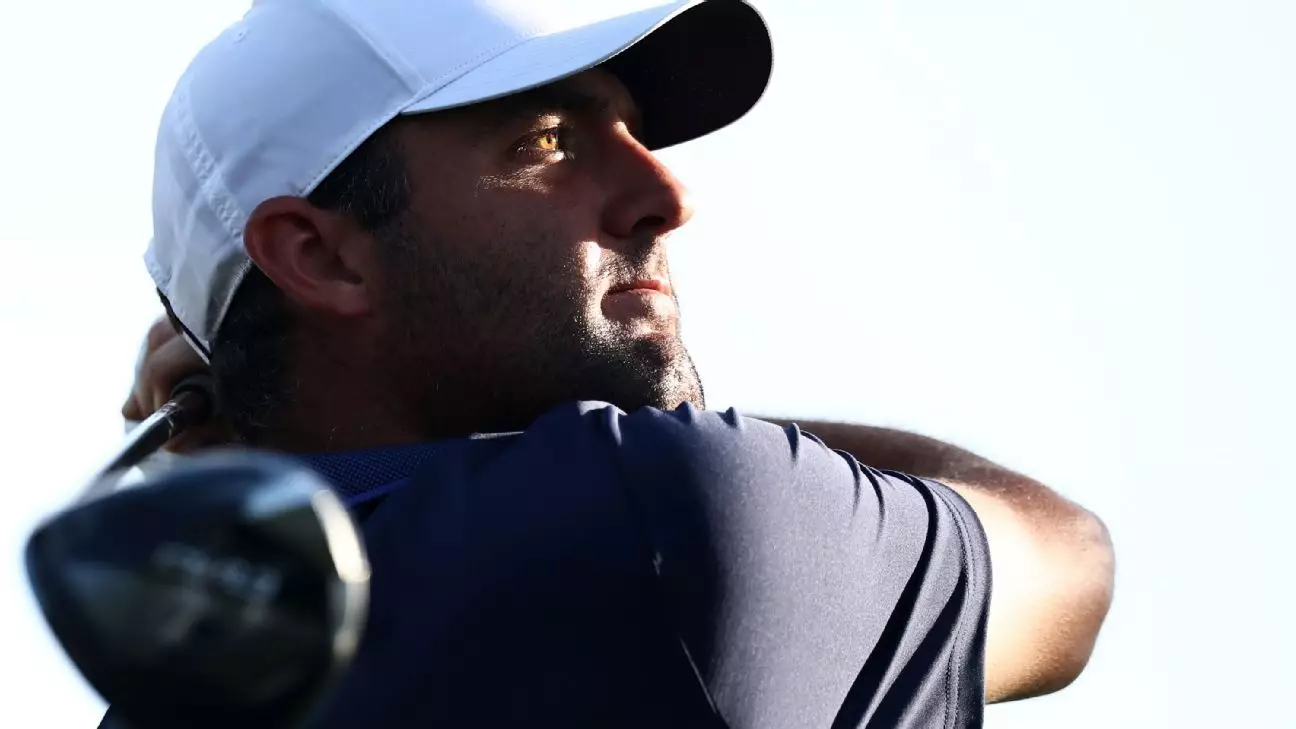In a sport where precision and integrity reign supreme, recent revelations about driver testing have cast a shadow over the PGA Championship, sparking a heated debate among players and fans alike. The publicized announcement from the United States Golf Association (USGA) regarding nonconforming drivers belonging to luminaries such as Rory McIlroy and Scottie Scheffler raises serious questions about the fairness and consistency of regulations in golf. The USGA’s decision to rule two prominent golfers’ clubs unplayable not only highlights potential flaws in the equipment testing process but also stirs discontent among players who feel that the integrity of the game is at stake.
The Implications of Nonconforming Drivers
The foundation of golf rests on the concept of fair play, and the integrity of equipment is paramount in preserving that. When drivers, which are crucial for many players’ performance, are declared nonconforming, it invites scrutiny. How can fans and fellow competitors trust that the rules are applied uniformly across the board? The randomness with which this equipment testing occurs—a third of the field being tested—may inadvertently favor certain players while endangering others’ reputations. As Scheffler aptly noted, this situation reveals a systemic flaw in enforcement that must be addressed. The integrity of a sport that prides itself on tradition and fair competition should never hang by a thread of arbitrary testing.
Players’ Voices Echoing Dissent
What’s more disconcerting than the actual disqualification of these high-profile drivers is the reaction from the players. It’s more than just a technicality; it speaks volumes about the relationship between golfers and the regulatory bodies. When revered figures like Scheffler push for a more robust testing protocol, they shine a light on the half-hearted approach to regulation. Their calls for comprehensive testing of all drivers reflect a growing sense of frustration with the status quo that may leave some players feeling marginalized. In a game that is supposed to offer a level playing field, players should have equal access to the scrutiny of their equipment, lest the sport itself becomes suspect.
Golf’s Future: Embracing Transparency and Fairness
Currently, the testing process seems riddled with inequities, as both Scheffler and two-time major champion Xander Schauffele have emphasized. Their insistence on comprehensive compliance among all players serves as a clarion call for the USGA and PGA of America to reconsider their methods. If we liberate the rules from selective scrutiny, we can reinforce the very essence of golf: the spirit of fairness. Imagine a golfing world where tensions around equipment testing are eased through transparency and understanding. The USGA’s authority must evolve to meet the demands of the game without stifling its competitive nature.
A Paradigm Shift Is Required
More than just a conversation about driver testing, this incident is indicative of a broader issue that permeates the sport: the need for evolution alongside tradition. If golfing authorities wish to maintain the sanctity of the game, they must adapt to contemporary challenges while respecting historical values. The practice of selective testing not only undermines the essence of golf but also risks alienating a growing contingent of players who seek fairness within the competitive arena. A unified approach to equipment inspection could cement trust among players, officials, and the spectator community, reinforcing golf’s standing as one of the most honorable sports.
As the PGA Championship continues, the ongoing debate surrounding driver testing becomes a fulcrum for change within the golfing community. The players’ demands signal a yearning for an environment where integrity and fairness are not merely upheld but celebrated. The present climate in golf calls for change, necessitating a collaborative effort among players, governing bodies, and stakeholders to resurrect the spirit of fairness that lies at the heart of this revered sport. If golf fails to confront these challenges head-on, it could potentially alienate its most fervent supporters and compromise its storied legacy for generations to come.

Leave a Reply